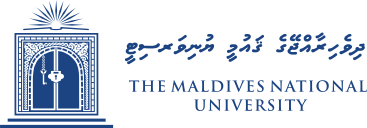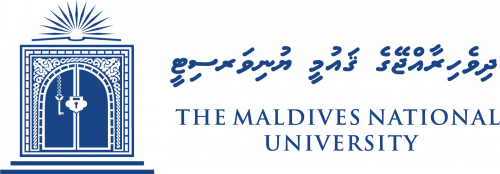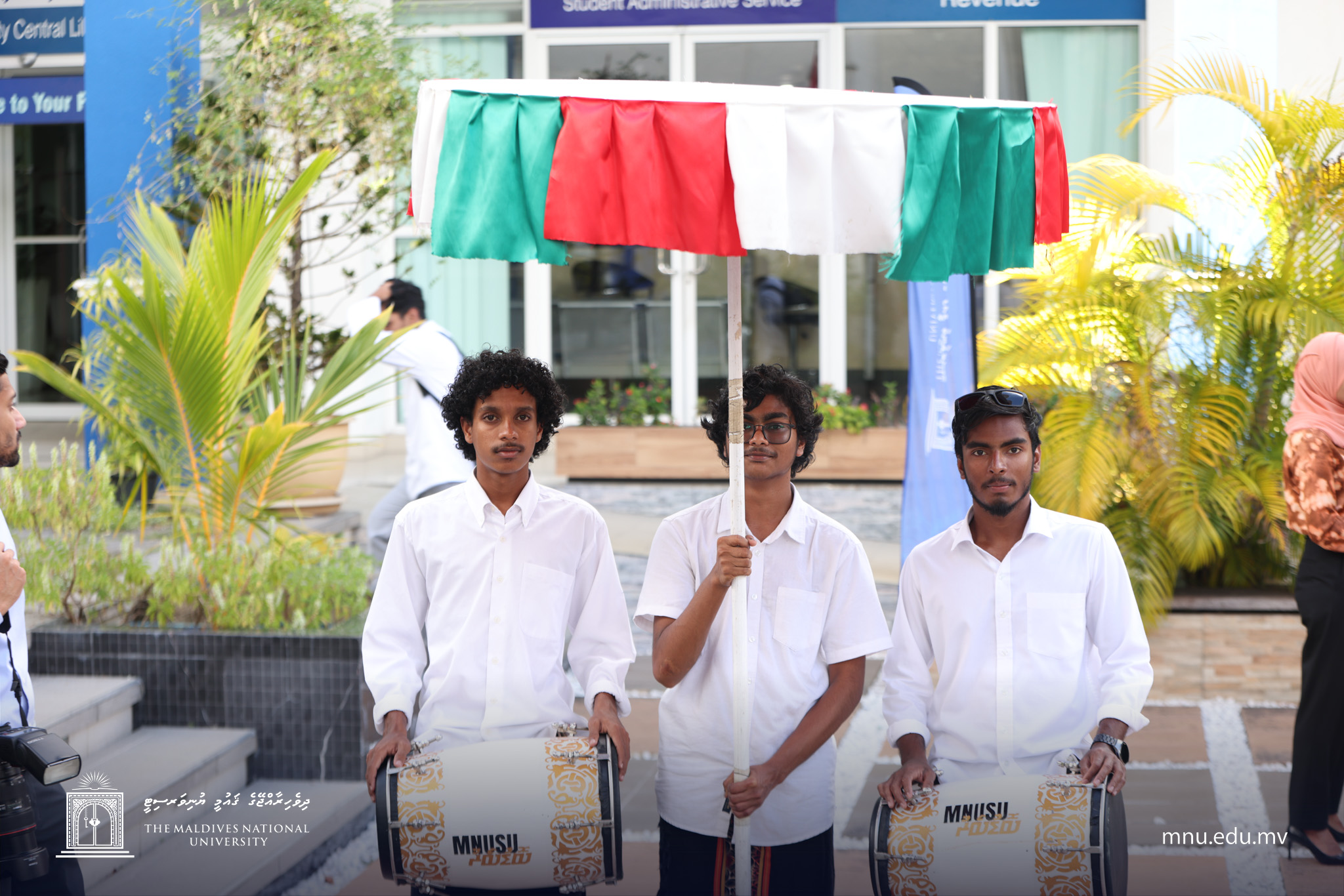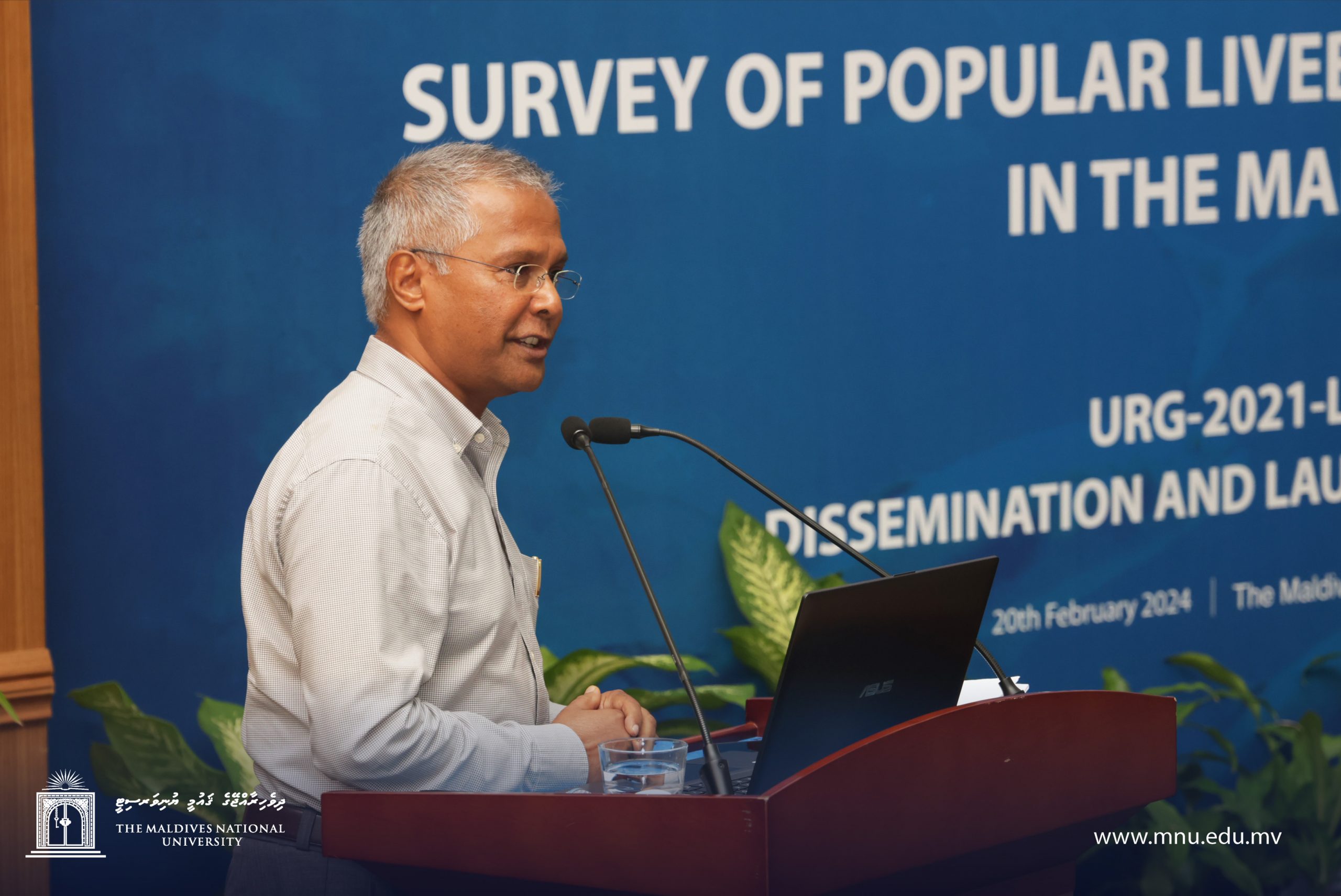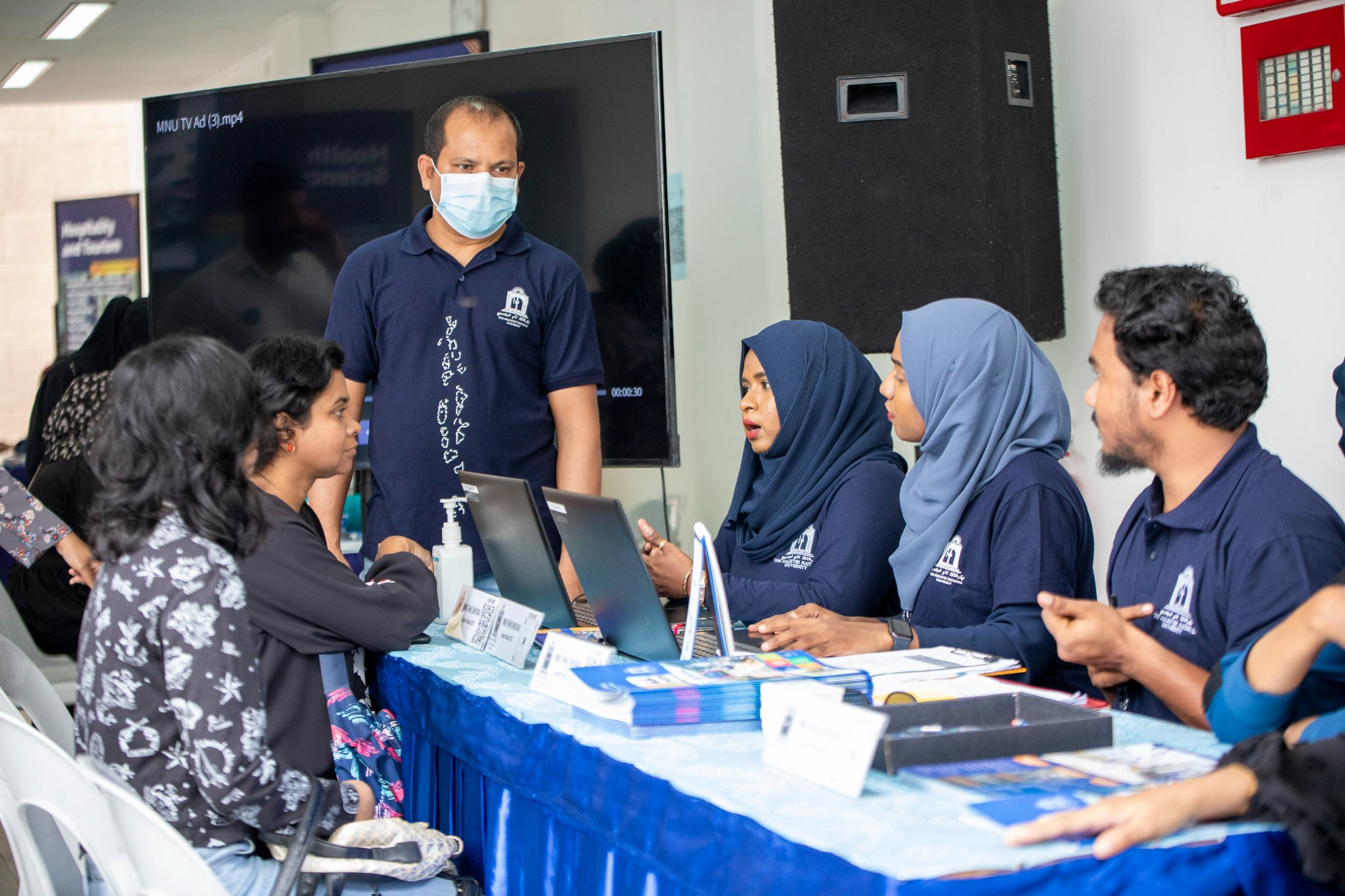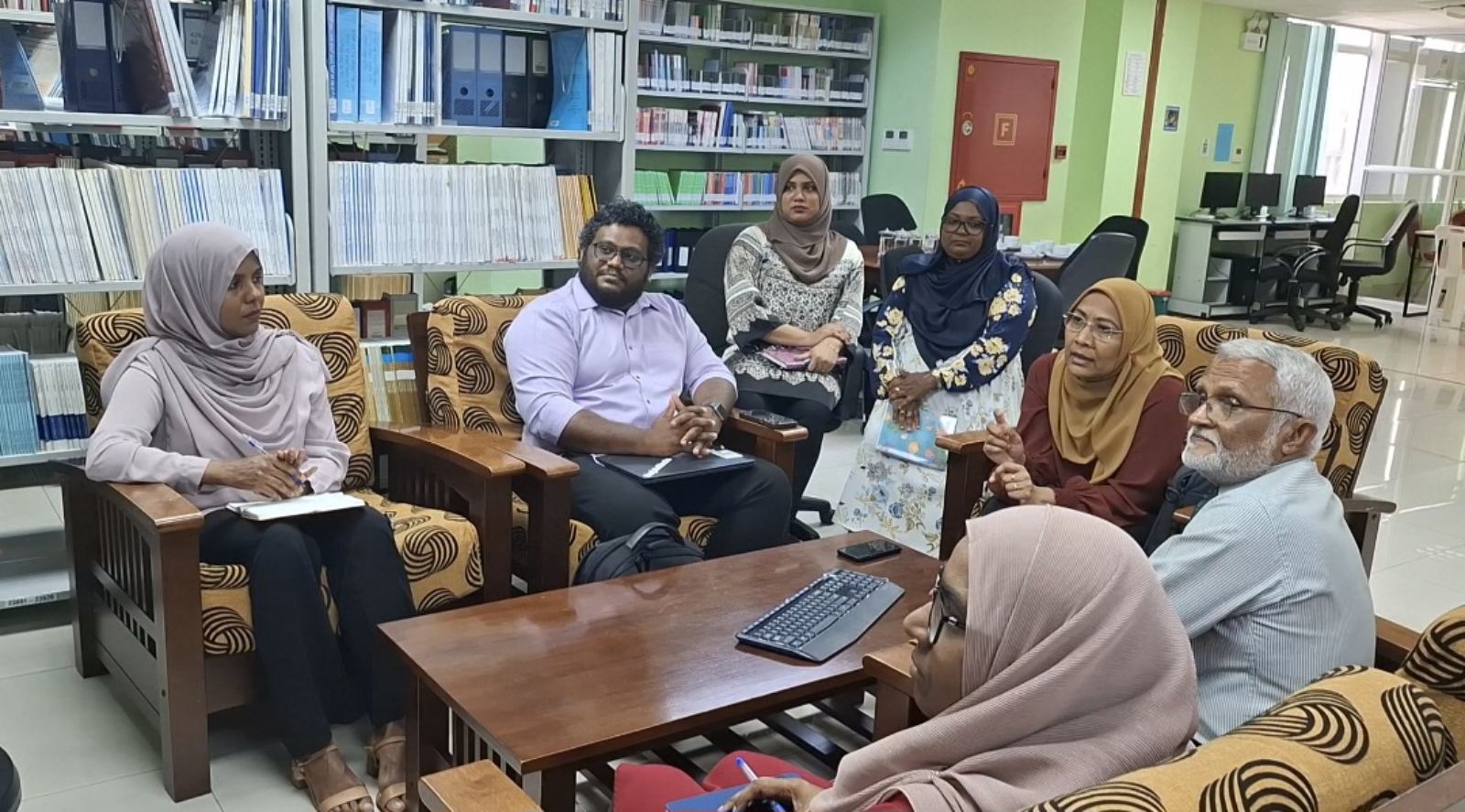Assistance form UNICEF to Translate 100 children story books to Dhivehi
The Let’s Read program, developed by The Asia Foundation, is an innovative digital library initiative designed to tackle the challenge of limited access to quality children’s books in local languages across Asia. Launched with the goal of promoting early childhood literacy, the program provides free, high-quality, culturally relevant, and linguistically diverse storybooks through an accessible online platform.
The Maldives National University Library, in partnership with The Asia Foundation, has successfully translated several children’s storybooks into Dhivehi and uploaded original Dhivehi titles to the Let’s Read platform. These contributions have enriched the digital library with culturally relevant and imaginative content, offering Maldivian children the opportunity to engage with diverse and creative stories in their native language. This initiative has played a vital role in fostering language development, creativity, and a love for reading among young learners.
Let’s Read empowers communities by:
- Creating books in local languages through translation and community-based storytelling.
- Distributing free digital books via a mobile-friendly platform and offline reading options.
- Collaborating with local educators, authors, and illustrators to ensure culturally sensitive and engaging content.
- Supporting inclusive education with books that reflect diverse cultures, experiences, and abilities.
By leveraging technology and community participation, Let’s Read helps bridge educational gaps, promotes equity in literacy, and inspires lifelong learning across generations.
The MNU Library has received grant assistance from UNICEF to translate an additional 100 storybooks into the Dhivehi language. Technical support is provided by The Asia Foundation, which includes conducting the workshop to train translators, assistance in the technical publication process and assist in the social marketing of the work. This project includes publishing of written text as well as audio recordings of the stories.
This initiative aims to enhance the availability of Dhivehi-language storybooks for school libraries, public libraries, and parents. At present, Dhivehi-language story collections remain limited in scope and do not adequately address a variety of social issues, environmental themes, or cultural aspects.
As this project is implemented through an online platform, sustainability has been carefully considered. Costs remain minimal, as the platform enables us to source storybooks from various countries and translate them efficiently into Dhivehi.
